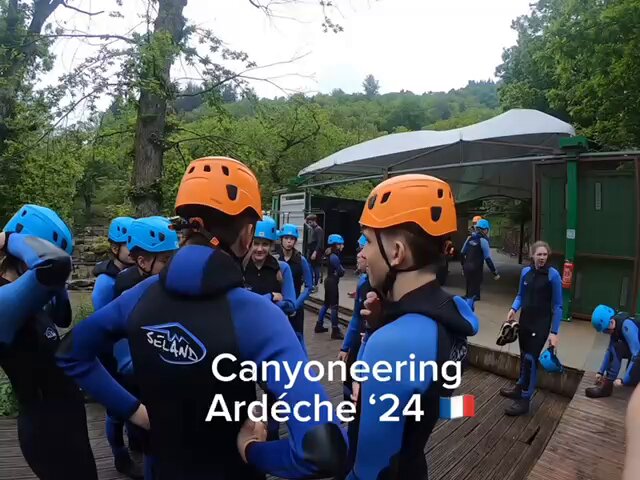Latest News

Helping Hands
Posted: 28th September 2018Young people are being trained as peer mentors to support each other through secondary school.
A group of 20 students at Forest Hall School have been appointed as mentors as part of the new Helping Hands scheme.
The mentors, from all year groups, spent a day training with Kidscape building on their understanding of low-level mental health and wellbeing issues, such as bullying, anxiety, friendship conflict and the impact they can have on young people.
They will wear badges and be available to their peers around school during morning registration, breaks and lunch each day.
Head of school Hannah Jones said: “As a school, we already have a support network in place for students, including tutor groups with mixed year groups where older students can help younger ones. We already have a very strong pastoral support network. Helping Hands is just another way to reach out to those who may need support and would prefer to speak to one of their peers in the first instance.
“Forest Hall is a family environment. Helping Hands strengthens our ethos of community, looking after each other and keeping each other safe. That’s really important.
“We are really excited to work with an external provider who carries out lots of work across the country on antibullying.”
More Helping Hands mentors will be trained, and receive certificates, later in the year as the scheme expands.
Ross Andrews, Year 11, said: “This has been an incredible experience; learning how to keep people safe. Everyone should have the chance to be happy and to enjoy school.
“It’s good to help younger people, to make them feel comfortable, encourage them to go to study clubs to get the best grades they can and to tell them that anything is possible.”
Adama Jobe, Year 11, said: “I want to do social work when I’m older, so this is good for me.”
Ashley Rolfe, of Kidscape, said: “During our Peer Mentoring programme, young people are trained to be effective peer mentors. Training has an emphasis on the roles and responsibilities, potential boundaries and useful communication techniques enabling young people to successfully support their peers of a similar age or younger.
We discuss the benefits of having peer mentors within a school setting, encouraging them to be proactive in their school.
“We also enable them to become active listeners. We use a combination of learning styles, from drama games, to written and verbal activities. The response from young people is always super positive.”

























